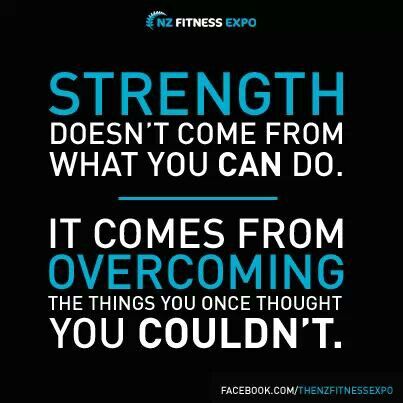To those of you who never heard of Team Hoyt you may have to Google them and when you do you will see something amazing.
Last year “we” (myself and my teammate) tried to attempt the impossible, The “Kona Ironman” which is an Olympic-distance triathlon on one of the toughest courses in the world. Why I say “we” is because it was my teammate and I trying to attempt the impossible to set the Guinness book of world records in Kona. And me being the first female with CP to attempt it.
One thing I will tell you is that I remember sitting on the phone in my office and saying to my teammate “you’re nuts” because I didn’t think I could be a triathlete with CP.
1: When you think you’ve had enough of training, you haven’t. There’s never enough training
Looking back on it I wish myself and my teammate trained harder than we actually did but because we were both globally challengeD due to the fact that my team was based out of Nassau, Bahamas and I was based in Aspen, Colorado. It was hard enough to meet on a weekly basis. We didn’t even think about training so I had to get this study teammate to train in the Bahamas while I was doing my own training at my local gym. When I look back on it, always get understudy teammate if you need the one who has the same condition you do. Unfortunately my understudy teammate was a quadriplegic and I have cerebral palsy, so needless to say that didn’t mix well because I was never allowed to train on my own equipment.
2: Always have access to your equipment
I should have flown my teammate out to Aspen, Colorado. I would say 3 times during last year it would’ve been easier to train if we were together and not doing things half way.
3: Always take a sabbatical from your full-time job
For my teammate, she was told by other triathletes to take a sabbatical in training and planning for doing the biggest triathlon of her life. She went to Kona, Hawaii before as a single triathlete, but never with a teammate, but of course my teammate didn’t listen to her professional triathlete friends. And to make things even more difficult we only had 100 days to train after getting the spot to go to Kona Hawaii. Even though I had been planning since April of the last year after we came home from doing the Saint Anthony’s triathlon in Florida.
4: Always tell your teammate they should take a sabbatical from their job too
If I was ever given this opportunity again I personally would take a sabbatical from my full-time teaching job to devote my mind, body and spirit to be a full-time triathlete. It’s too difficult to have a full-time job and train.
5: Have your cheerleaders behind you
Yes you need cheerleaders to do this job. From your BFF to nonprofits that you work with and especially your family support. I don’t care if you’re disabled or not, you need your family to support you in being a triathlete.
6: Have good karma
What I mean by lesson number six is always be appreciative of advice. When you are gifted things like a high-quality aid for your teammate who has CP, don’t tell them what they did wrong and make a big scene of it after doing the impossible. Wait, and then tell them.
7: Always ask for help
When people want to give help, be sure to take it. From press to promotional gifts, because unless you’re living on the rocks people know what The Kona Ironman is, even if they’re not a triathlete.
8: Always be careful of social media
You don’t always have to explain what’s going on. Especially emotions; don’t always have emotional breakdowns on Facebook if you can help it.
9: Work together
There is no “I” in team; work together in cohesive harmony especially if your teammate is physically disabled and not mentally disabled.
10: Let your body heal
When you’re teammate only lets you see the beach for one day in Kona, use it to meditate and think about the experience you had.
11: Don’t always train to your heart’s content, listen to your body and take its “advice” and work with it using different methods of healing
For example, acupuncture, massage, or using mother nature as your training camp (runs on the beach).
12: There are different nonprofits that help disabled athletes, like Care to Tri in Florida, if you want your son or daughter ever to be a triathlete
13: Have fun and love what you are doing
Enjoy life as a Triathlete, but remember it’s not a marathon; Triathletes are careful as to what they eat.
14: There’s is a difference
There’s a difference between Olympic distance Full Ironman and a half Ironman’s. Pick your favorite and stick with it.
Win is a motivational speaker and a published Author. All of my work can be found on Amazon. For more information on Team We Win, Go to teamweWin.com or Google Team We Win. For more information on author Win Charles, go to authorwincharles.com For more information on my coauthor books type in 20 beautiful women on Amazon.




